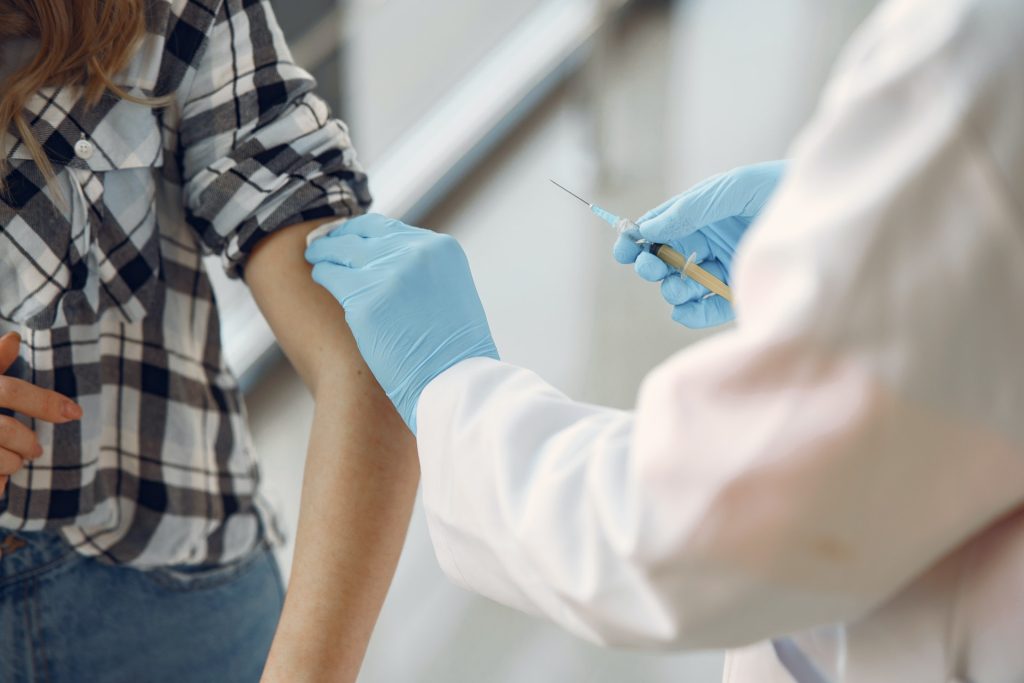
Vaccinations against human papillomavirus (HPV), a major cause of oropharyngeal cancers, are expected to yield significant reductions in the rates of these cancers in the US after 2045, according to a new study.
The most common sexually transmitted infectious virus worldwide, HPV infection is often silent, and while most infections clear, some are chronic and can trigger cancers including mouth and throat (oropharyngeal), and cervical cancer as they disrupt DNA and inhibit tumour-suppressor proteins in infected cells. While there is no cure for existing HPV infections, vaccines can prevent new infections. The study appears online in JAMA Oncology.
“We estimate that most of the oropharyngeal cancers from 2018 to 2045 will occur among people who are 55 years and older and have not been vaccinated,” said study lead author Yuehan Zhang, a PhD candidate in the research group of Gypsyamber D’Souza, PhD, professor in the Department of Epidemiology at the Bloomberg School.
“HPV vaccination is going to work to prevent oropharyngeal cancers, but it will take time to see that impact, because these cancers mostly occur in middle age,” Prof D’Souza said.
Oropharyngeal cancer is the most common HPV-related cancer. Vaccination, though effective in prevention, has no effect against established HPV infections or against cells that have been transformed by HPV and are on their way to forming tumours, therefore recommended mainly for the young not yet exposed to sexually transmitted HPV. (People who were adults when the vaccine became available mostly did not receive it and remain at risk for these cancers)
In the new study, researchers at the Johns Hopkins Bloomberg School of Public Health analysed national databases on oropharyngeal cancer cases and HPV vaccinations, and projected the impact of HPV vaccination on the rates of these cancers in different age groups. They estimated that the oropharyngeal cancer rate would nearly halve between 2018 and 2045 among people ages 36–45. However, they also projected that the rate in the overall population would stay about the same from 2018-2045, due to still-rising rates of these cancers in older people, where most of these cancers occur.
The results suggest, though, that by 2045 HPV vaccination will have begun to make a significant impact. “Our projections suggest that by around 2033, nearly 100 cases of oropharyngeal cancer will be prevented each year, but by 2045 that figure will have increased by about ten times,” Zhang said.
Source: Johns Hopkins University Bloomberg School of Public Health

